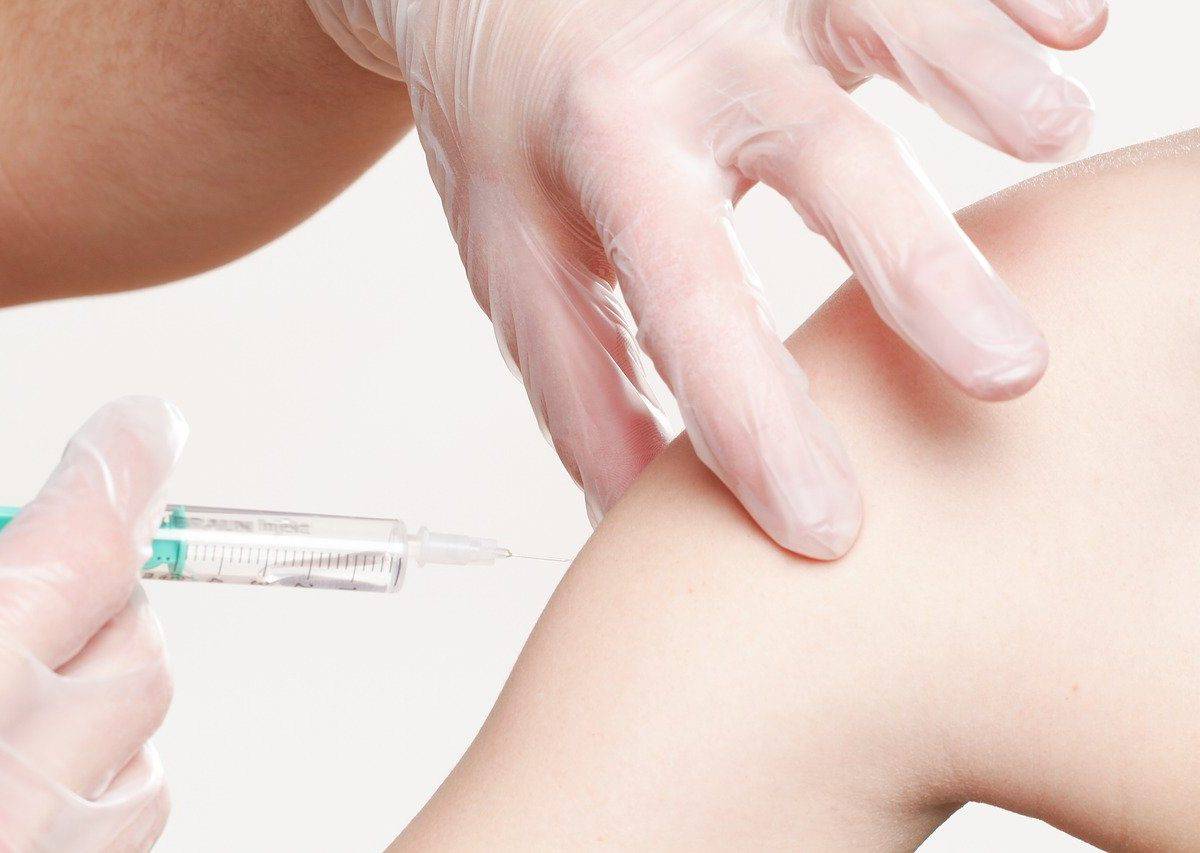More than 4,500 accredited general practices will participate in Phase 1b of Australia’s Covid-19 rollout, which is said to one of the greatest logistical challenges in the nation’s history.
The plans were announced by health minister Greg Hunt yesterday (Sunday) with the collaboration of the Australian Medical Association, The Royal Australian College of General Practitioners, and the Australian College of Rural and Remote Medicine.
Rapid scale-up over the next four weeks
“More than 1,000 general practices will commence from the week of 22 March, with a rapid scale-up over the following four weeks. This will ensure an efficient and equitable distribution of vaccines across the country,” Hunt stated.
He said the Government is committed to bringing on board all eligible practices as quickly as possible, with vaccination start dates set to be staggered and dosage allocation to be dependent on vaccine availability.
Phase 1b of the rollout includes vulnerable members of the population, such as older people and people with certain underlying conditions.
No one is better placed than local GPs
According to a statement from the minister’s office, no one is better placed in the community than local GPs, who will play a major role in ensuring all Australians who seek to be vaccinated have access to safe and effective vaccines.
President of the Australian Medical Association, Dr Omar Khorshid said: “General Practitioners have a proven track record with flu vaccination of older Australians and those living with chronic disease, who will make up the bulk of the Phase 1b rollout.
“General practice is highly accessible for people and has helped Australia achieve some of the highest rates of vaccination in the world.”
Historic and logistically challenging
President of the Royal College of General Practitioners, Dr Karen Price said the approach is built on a platform of trust and knowledge.
“This is an historic and logistically challenging project, and GPs across the country are honoured to contribute and committed to ensuring that all eligible patients have access to the vaccine, no matter where they live,” she said.
“We already have the trust of our patients and our communities, and can ensure that those who are ready to be vaccinated can be, and those who are unsure can have their questions answered to help them decide.”











